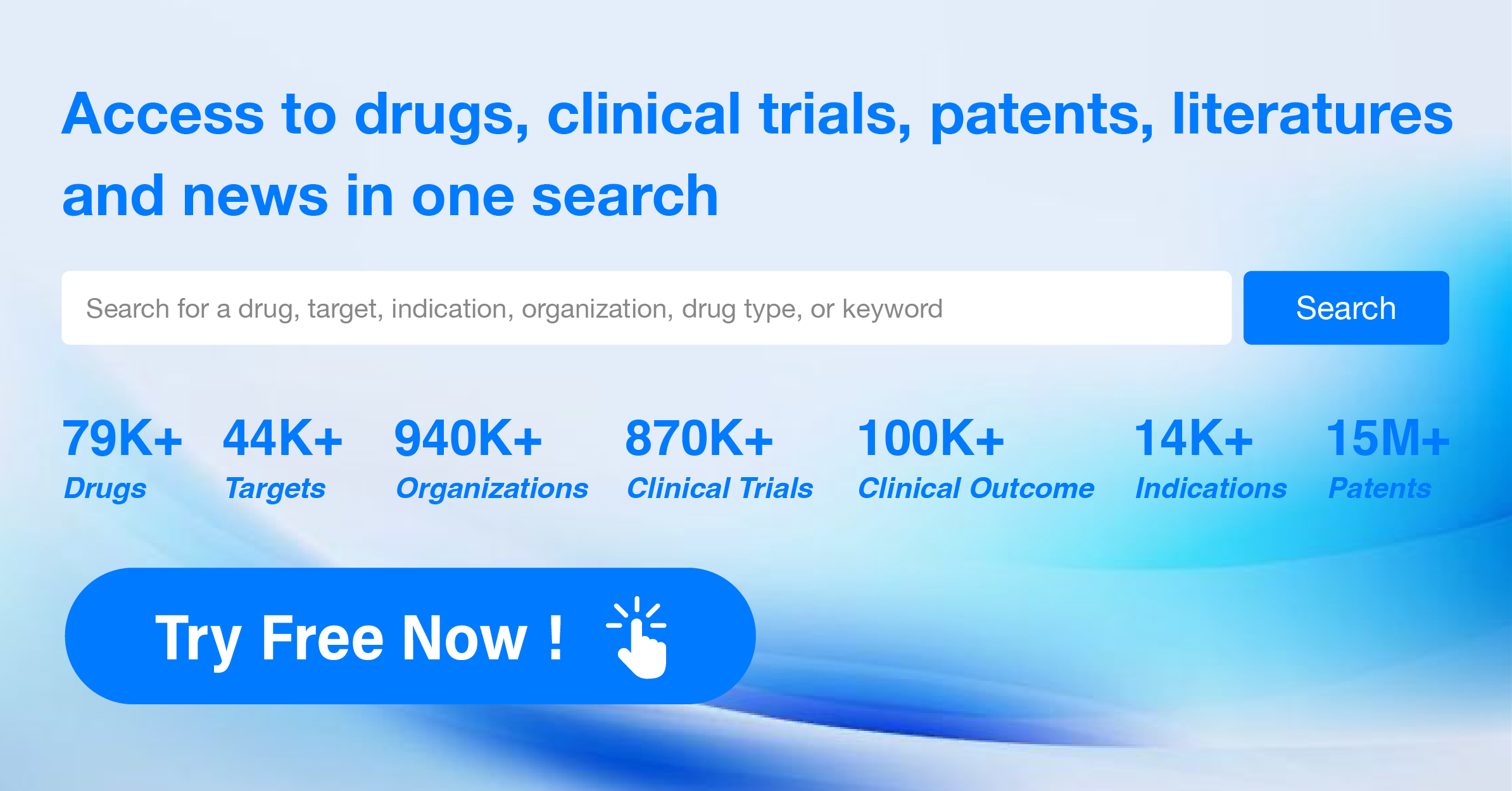What is drug antigenicity?
Drug antigenicity refers to the ability of a drug to stimulate an immune response in an individual due to its chemical structure. It is a property that can lead to both beneficial and harmful effects. On one hand, it allows the body to recognize and eliminate foreign substances, such as bacteria or viruses. On the other hand, it can also trigger allergic reactions or autoimmune responses against the body's own cells when the immune system mistakenly recognizes the drug as foreign. In cases where an individual experiences an allergic reaction or other negative side effect after taking a medication, this could be attributed to the drug's antigenicity. The severity of these reactions can vary widely depending on the individual's immune system and the specific properties of the drug. It is important for individuals who experience allergic reactions or other negative side effects while taking medications to consult with their healthcare provider to determine the underlying cause and appropriate course of action. In some cases, alternative medications or dosage adjustments may need to be made to avoid potential risks associated with drug antigenicity.
Key points about drug antigenicity include:
1.Haptens and Drug Metabolites:
Some drugs, particularly those with a low molecular weight, may not be directly immunogenic. However, when they bind to larger proteins in the body, they can form haptens, which are small molecules that can elicit an immune response. Additionally, the metabolites of drugs may have different antigenic properties than the parent compounds.
2.Immune Response Types:
Drug antigenicity can trigger different types of immune responses, including the production of antibodies (such as IgE antibodies in allergic reactions), activation of T cells, and the release of inflammatory mediators. These responses can lead to various adverse effects, ranging from mild skin rashes to severe systemic reactions.
3.Allergic Reactions:
Allergic reactions to drugs are a common manifestation of drug antigenicity. These reactions can include skin rashes, itching, swelling, and, in severe cases, anaphylaxis. Allergic reactions are often mediated by the release of histamine and other inflammatory substances.
4.Immunogenicity in Biologics:
In the context of biologic drugs, which are often derived from living organisms, the term immunogenicity is commonly used. Biologics may trigger an immune response in the body, leading to the production of antibodies against the therapeutic protein. This can impact the efficacy and safety of the drug.
5.Idiosyncratic Reactions:
Idiosyncratic drug reactions, which are unpredictable and uncommon, may be related to drug antigenicity. These reactions can involve the immune system and may result in serious and unexpected effects, such as drug-induced liver injury or blood disorders.
6.Testing for Antigenicity:
Assessing the antigenicity of drugs is a complex process. Various factors, including genetic predisposition, play a role in individual responses. In some cases, laboratory tests may be used to detect antibodies or immune responses associated with drug exposure.
Understanding the antigenic properties of drugs is crucial for predicting and managing adverse effects. It allows healthcare providers to make informed decisions about drug selection, monitor patients for potential reactions, and take appropriate measures in the case of immune-mediated adverse events.




